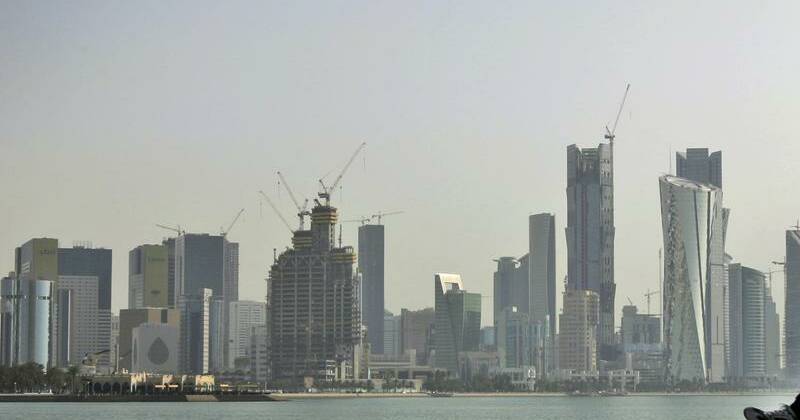
The Israeli military has reportedly targeted senior Hamas officials in Qatar, escalating tensions in the ongoing conflict. On Tuesday, several explosions were heard in Doha, the capital, accompanied by visible black smoke rising from the Katara District. Eyewitness accounts confirmed the blasts, although there has been no immediate information regarding any injuries.
Israeli army radio indicated that the operation aimed to eliminate key Hamas leaders, particularly naming Khalil al-Hayya, the chief of Hamas in the Gaza Strip. This development comes as negotiations for a ceasefire continue to be a pressing issue following Hamas’ attack on October 7, 2023, which has led to significant casualties and hostages taken by the militant group.
Qatar’s Role as a Mediator
Hamas has maintained a base of operations in Qatar for years, where the country has played a crucial role as a mediator in discussions between Hamas and Israel. The recent strike could complicate these negotiations, particularly concerning the potential for a ceasefire and the release of hostages held by Hamas.
According to Al-Jazeera, citing sources within Hamas, this attack specifically sought to disrupt the ongoing efforts of their negotiators in the Gaza Strip. The implications of targeting high-ranking officials like al-Hayya could have far-reaching consequences on the already fragile peace process.
Eyewitnesses reported seeing smoke billowing over the city, and while the Israeli media suggested the attack was carried out with precision, the broader impact on regional stability is still unfolding. Qatar’s government has yet to make an official statement regarding the incident, which adds another layer of uncertainty to the situation.
The ongoing conflict has drawn international attention, and the fallout from this attack may further hinder efforts to establish a lasting resolution in the region. As the situation develops, the eyes of the world remain on Doha, where the balance between diplomacy and military action hangs precariously.






